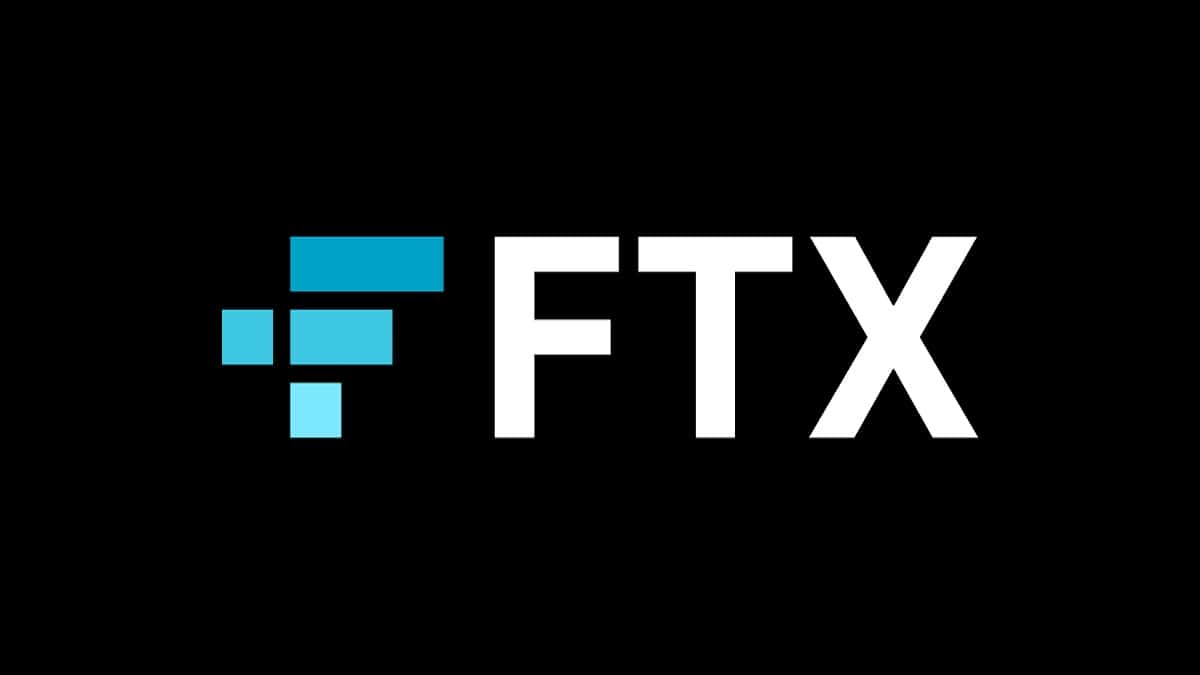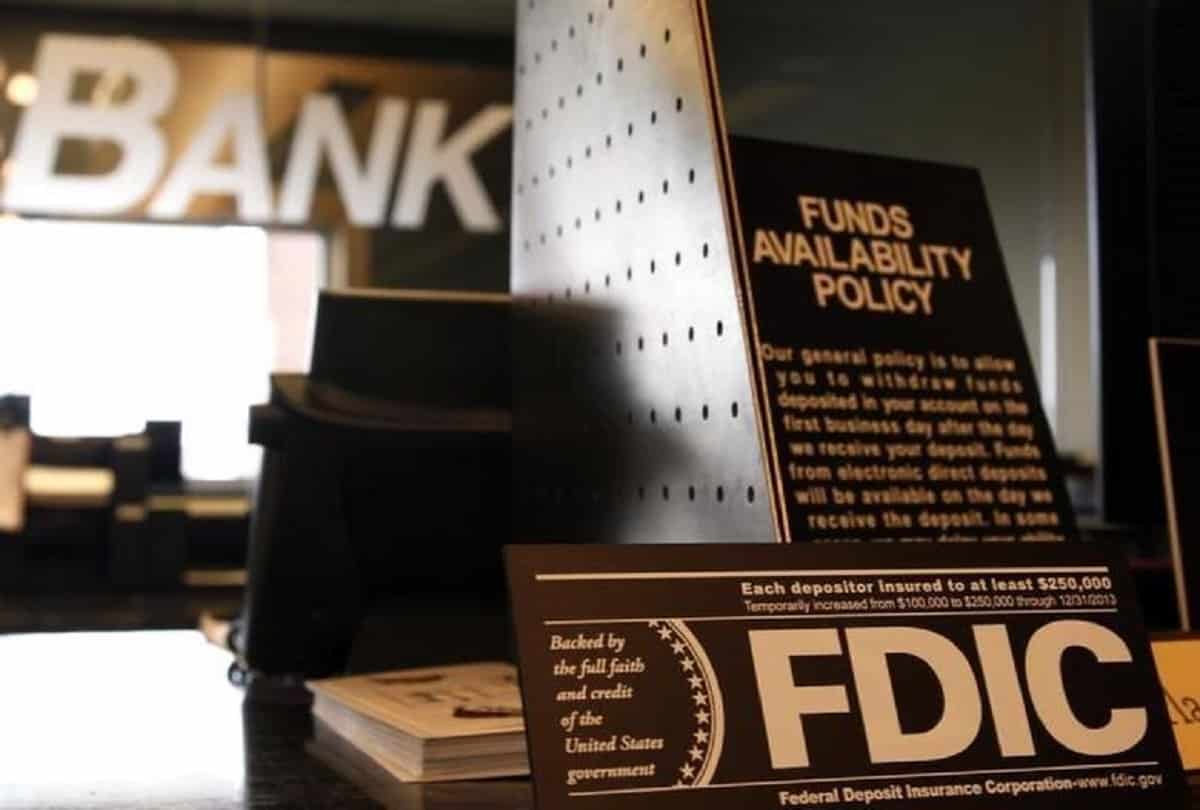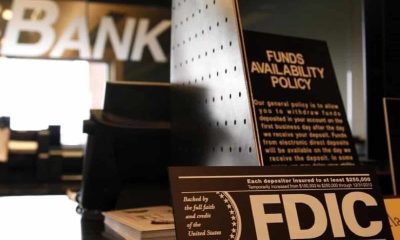Regulation
FTX Restructuring Plan Faces Legal Hurdles Despite Creditor Support

The reorganization plan of FTX, the bankrupt crypto exchange, is facing legal hurdles from the U.S. Trustee and a group of creditors, which raises questions as to its implementation., This decision was made in light of a report that pointed to the fact that the plan had been approved by the creditors, with over 95% of them voting in favour of the plan.
FTX Restructuring Plan Faces Legal Hurdles
The US Trustee, Andrew R. Vara, has filed a complaint raising ten concerns regarding FTX’s amended reorganization plan. Vara’s chief concerns are the legal shield afforded to those involved in the bankruptcy process that is too generous, the smaller creditors being treated unfairly, and the refusal to disallow expenses incurred from a data breach that an estate service provider suffered.
The Trustee also claimed that the estate’s professionals have demanded millions of dollars to compensate them for attending to the breach, which Vara has emphasised should not be the estate’s responsibility.
Andrew R. Vara also complained about the distribution of the claims stating that small creditors will be paid less than the large ones. He says that the estate has enough money to compensate all the creditors in equal proportion and not depending on the amount they are owed. Similarly, he had concerns regarding the ‘umbrella’ provision of the plan, which extends immunity to more individuals and entities than is permissible under the pertinent statutes.
Creditors Seek In-Kind Reimbursements
Sunil Kavuri, a representative of the largest FTX creditor group, along with two others representing retail customers, filed a separate complaint. Kavuri’s objection was similar to the Trustee’s regarding the plan’s exculpatory provisions, saying that they violate controlling case law.
Kavuri also highlighted what he described as in-kind repayments, arguing that creditors should be allowed to receive their claims in the form of the lost cryptocurrency. According to him, this could help creditors avoid high taxes on cash receipts that are incurred when paying taxes.
The filing against the bankrupt crypto exchange also refers to the BlockFi bankruptcy case, in which some of the creditors were allowed to receive in-kind distributions with Coinbase’s help.
FTX Strong Creditor Support
Before the US Trustee filing, FTX had initially expressed positive sentiment towards its restructuring plan despite the legal issues despite the legal issues. The company stated that 95% of the creditors who voted supported the plan, equivalent to 99% of the creditors by claim value.
The firm’s CEO, John J. Ray III, was keen on this support, noting that with the proposed plan, the non-governmental creditors will be able to be fully compensated for their claim amounts with interest. Ray was optimistic that the plan would go according to schedule, that the money would be distributed to the creditors, and that the Chapter 11 process would be over.
However, the confirmation hearing for the FTX restructuring plan is set for October 7, 2024. Before the hearing, the bankrupt crypto exchange intends to submit the final voting results to the U. S. Bankruptcy Court for the District of Delaware.
Disclaimer: The presented content may include the personal opinion of the author and is subject to market condition. Do your market research before investing in cryptocurrencies. The author or the publication does not hold any responsibility for your personal financial loss.
Regulation
US SEC Drops Charges Against Hawk Tuah Girl Hailey Welch

Hawk Tuah girl Hailey Welch, known for her association with the controversial $HAWK token, has been cleared of any wrongdoing after a lengthy investigation by the U.S. Securities and Exchange Commission (SEC). The SEC has decided not to press charges against Welch in connection with the rapid rise and subsequent collapse of the meme-based cryptocurrency.
US SEC Investigation Into Hawk Tuah Girl Concludes Without Charges
The SEC had launched an investigation into the $HAWK token after its dramatic price drop. The token, which was linked to Welch’s viral persona, initially saw a market cap surge to $490 million before crashing by over 90%. Investors who were impacted by the crash filed a lawsuit against those behind the project, alleging that the coin had been promoted and sold without proper registration.
Hawk Tuah girl Hailey Welch, who cooperated fully with the investigation, expressed relief after the SEC’s decision. “For the past few months, I’ve been cooperating with all the authorities and attorneys, and finally, that work is complete,” Welch told TMZ.
Her attorney, James Sallah, confirmed that the SEC had closed the case without any findings against her, adding that there would be no monetary sanctions or restrictions on Welch’s future involvement in cryptocurrency or securities.
This Is A Developing News, Please Check Back For More
Disclaimer: The presented content may include the personal opinion of the author and is subject to market condition. Do your market research before investing in cryptocurrencies. The author or the publication does not hold any responsibility for your personal financial loss.
Regulation
Sonic Labs To Abandon Plans For Algorithmic USD Stablecoin, Here’s Why

Barely a week after hinting at launching an algorithmic USD stablecoin, Sonic Labs is shuttering its plans. Sonic Labs co-founder Andre Cronje revealed that incoming stablecoin regulation in the US contributes to the change of stance.
Sonic Labs Makes U-Turn Over Algorithmic USD Stablecoin
In mid-March, Sonic Labs disclosed plans for a yield-generating algorithmic stablecoin for its blockchain. However, new developments in the US regulatory landscape are forcing the company to ditch its algorithmic stablecoin ambitions.
Sonic Labs co-founder Andre Cronje confirmed the change in direction via an X post following the release of the full draft of the STABLE Act by Congress for clearer oversight. According to the text, lawmakers are pushing for a two-year moratorium on algorithmic stablecoin, souring Sonic Labs plans.
Unlike mainstream stablecoins backed by fiat or other commodities, algorithmic stablecoins rely on smart contracts to maintain their peg. The 2022 implosion of Terra’s ecosystem following the de-pegging of its TerraUSD (UST) algorithmic stablecoin stunned regulators.
“We will no longer be releasing a USD-based algorithmic stablecoin,” said Cronje.
In a light-hearted note, community members teased potential strategies for Sonic Labs to sidestep incoming stablecoin regulation. Apart from the loophole of launching the algorithmic stablecoin before the regulation goes live, Cronje teased an algorithmic dirham that will be denominated in USD.
Industry Players Are Bracing For New Stablecoin Regulations
Stablecoin issuers are steeling themselves for incoming stablecoin regulations in the US. While the GENIUS Act and STABLE Act continue to inch forward, there are common denominators in both bills.
For starters, there is the requirement for equivalent reserves at a 1:1 ratio with both bills steering clear of algorithmic stablecoins. The White House is favoring the GENIUS Act over the STABLE Act as lobbyists rally to stifle the possibility of a Conference Committee.
Authorities are targeting stablecoin regulation to reach Trump in two months as issuers jostle for position. Tether, Circle, and Ripple are staking their claims to lead the US government’s ambitions to rely on stablecoins to maintain the dollar’s dominance.
Disclaimer: The presented content may include the personal opinion of the author and is subject to market condition. Do your market research before investing in cryptocurrencies. The author or the publication does not hold any responsibility for your personal financial loss.
Regulation
FDIC Revises Crypto Guidelines Allowing Banks To Enter Digital Assets

The Federal Deposit Insurance Corporation (FDIC) has updated its guidelines, enabling banks to engage in cryptocurrency-related activities without seeking prior approval. This new policy shift signals a change in the FDIC’s approach to the growing role of digital assets in the banking sector.
New FDIC Guidelines on Crypto-Related Activities
The FDIC has issued a new Financial Institution Letter (FIL-7-2025), which provides updated guidance for banks looking to engage in cryptocurrency activities. The new guidance rescinds the previous policy set out in FIL-16-2022, which required banks to notify the FDIC before engaging in such activities.
Under the new rules, banks can now participate in permissible crypto-related activities without waiting for FDIC approval, as long as they manage the risks appropriately.
This change is seen as a shift in the FDIC’s stance, following the agency’s earlier stance that required prior approval for crypto engagements. FDIC Acting Chairman Travis Hill expressed that this new approach aims to establish a more consistent framework for banks to explore and adopt emerging technologies like crypto-assets and blockchain.
“With today’s action, the FDIC is turning the page on the flawed approach of the past three years,” said Hill in a statement.
This Is A Developing News, Please Check Back For More
Disclaimer: The presented content may include the personal opinion of the author and is subject to market condition. Do your market research before investing in cryptocurrencies. The author or the publication does not hold any responsibility for your personal financial loss.
-

 Regulation22 hours ago
Regulation22 hours agoSonic Labs To Abandon Plans For Algorithmic USD Stablecoin, Here’s Why
-

 Market21 hours ago
Market21 hours agoCoinbase Users Lost $46 Million to Crypto Scams in March
-

 Altcoin21 hours ago
Altcoin21 hours agoPiDaoSwap, Trump Media, & Grayscale
-

 Regulation21 hours ago
Regulation21 hours agoUS SEC Drops Charges Against Hawk Tuah Girl Hailey Welch
-

 Regulation23 hours ago
Regulation23 hours agoFDIC Revises Crypto Guidelines Allowing Banks To Enter Digital Assets
-

 Market22 hours ago
Market22 hours agoHBAR Faces Volatility After Price Failed To Cross The $0.20 Mark
-

 Ethereum21 hours ago
Ethereum21 hours agoEthereum Price Hits 300-Week MA For The Second Time Ever, Here’s What Happened In 2022
-

 Market23 hours ago
Market23 hours agoWhat to Expect from XRP Price in April 2025























✓ Share: